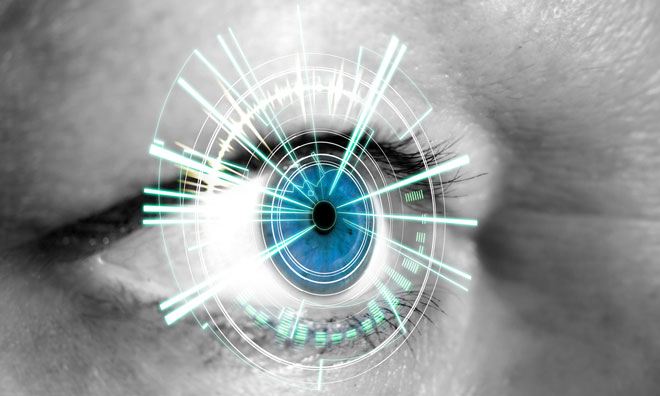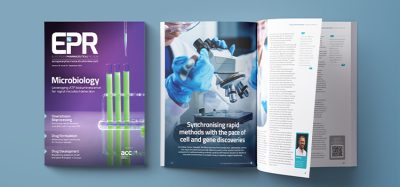NHS England to fund bionic eye surgery
Surgeons at Manchester and Moorfields Eye Hospital made history by delivering the world’s first trial of the Argus II Bionic Eye implants in RP…
NHS England will provide funding for further testing of the Argus II, also known as the Bionic Eye.
Ten patients will undergo surgery to tackle Retinitis pigmentosa, an inherited disease that causes blindness. The procedures will take place at Manchester Eye Hospital and Moorfields Eye Hospital in 2017.
NHS England will fund this through its Commissioning through Evaluation (CtE) scheme, designed to gather vital evidence for treatments that show significant promise for the future. NHS England will assess how the Bionic Eye helps patients function with everyday tasks.
Surgeons at Manchester and Moorfields Eye Hospital made history by delivering the world’s first trial of the Argus II Bionic Eye implants in Retinitis pigmentosa. Specialists at both hospitals initially supported early studies, which demonstrated that the Argus II restores a degree of visual function to patients who have suffered complete blindness due to the condition.
Patients using the system, developed by American company Second Sight Medical Products, are given an implant into their retina and a camera mounted on a pair of glasses sends wireless signals direct to the nerves which control sight. The signals are then ‘decoded’ by the brain as flashes of light.
Professor Paulo Stanga from Manchester Royal Eye Hospital, University of Manchester, who performed one of the surgeries, said, “I’m delighted that our pioneering research has provided the evidence to support NHS England’s decision to fund the bionic eye for the first time for patients. It surpassed all of our expectations when we realised that one of the RP patients in Manchester using the bionic eye could identify large letters for the first time in his adult life.”
Procedures will take place during 2017 and patients will then be monitored for a period of one year, during which they will be assessed on how the implants improve their everyday lives.










